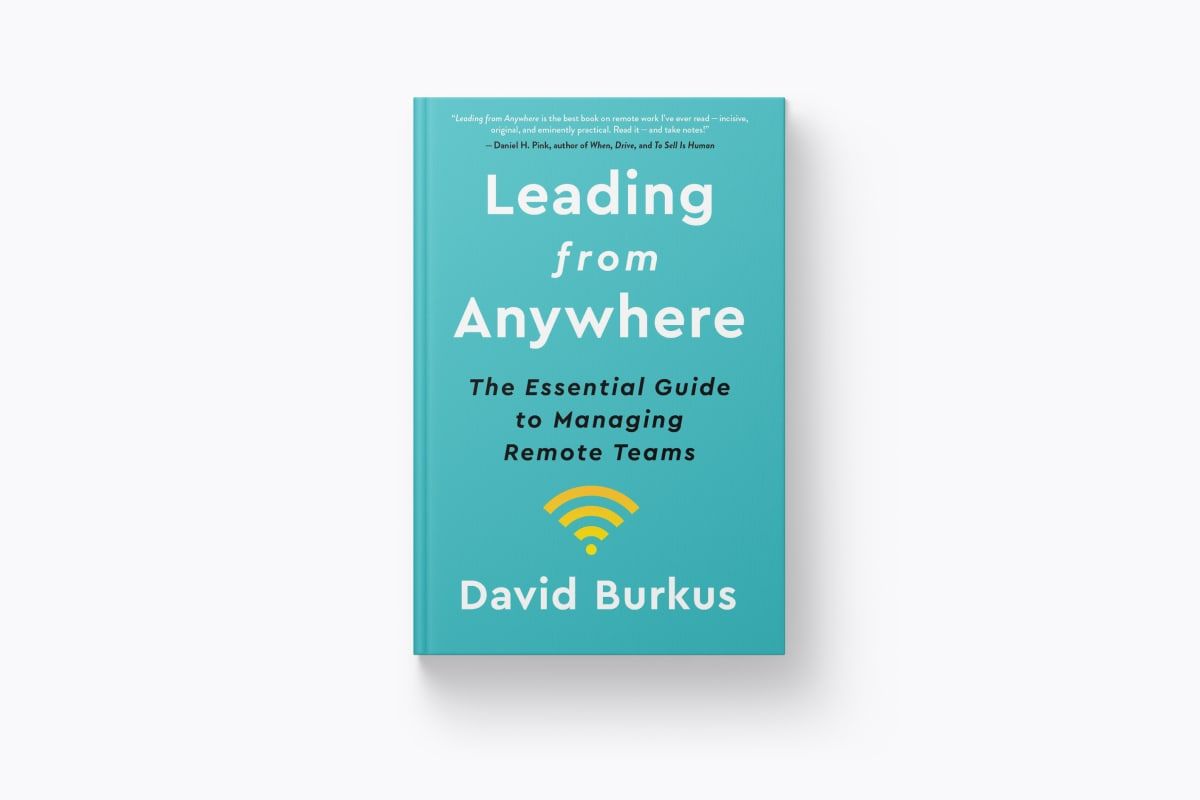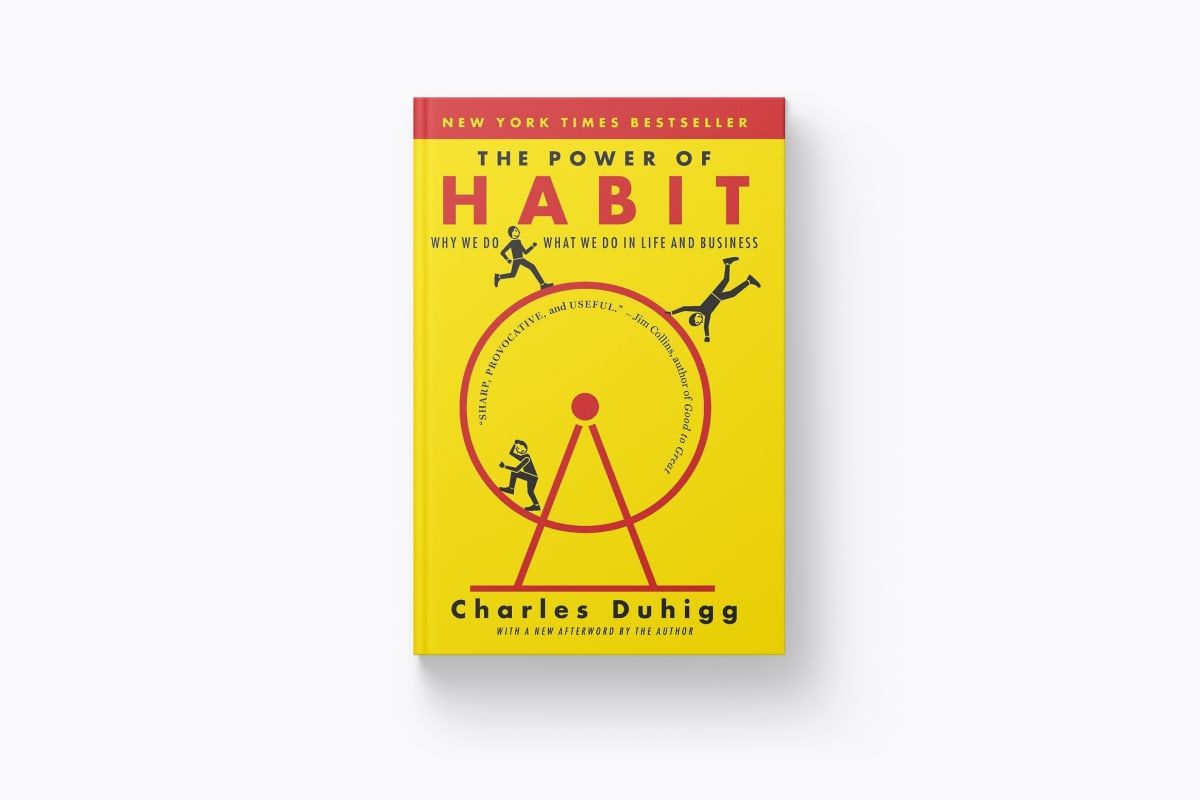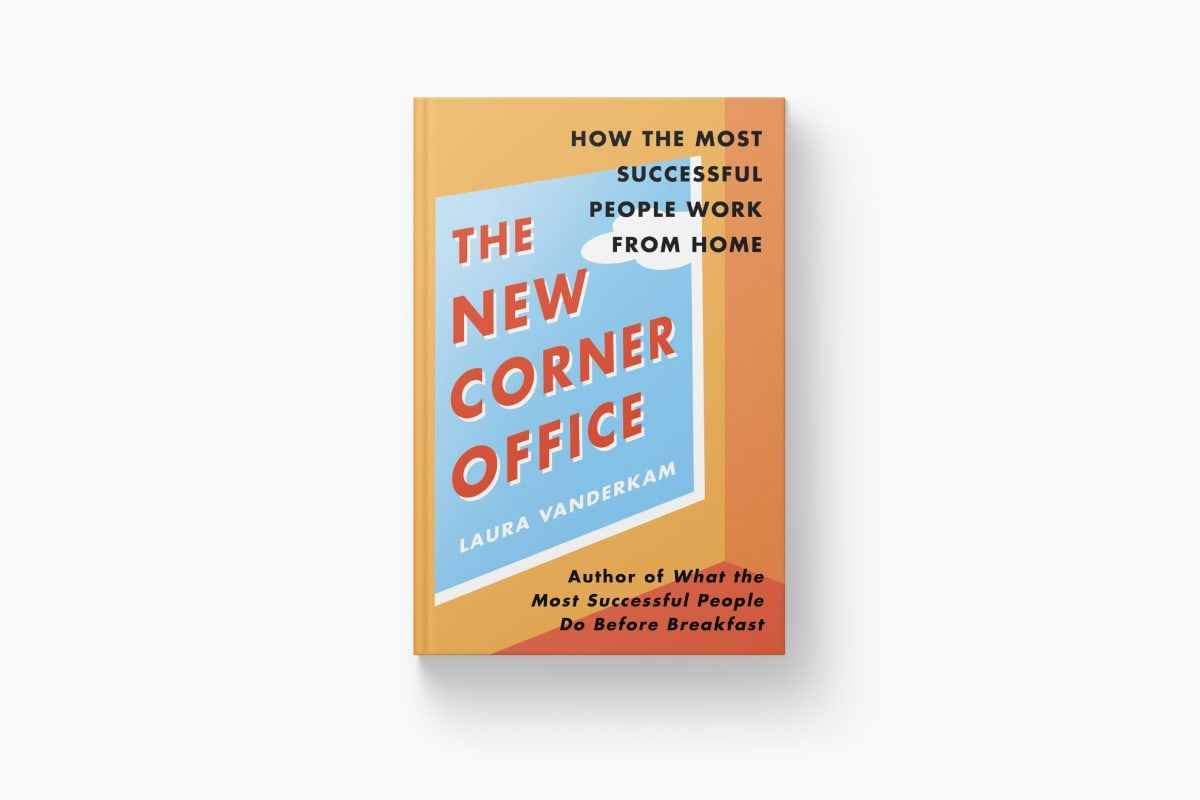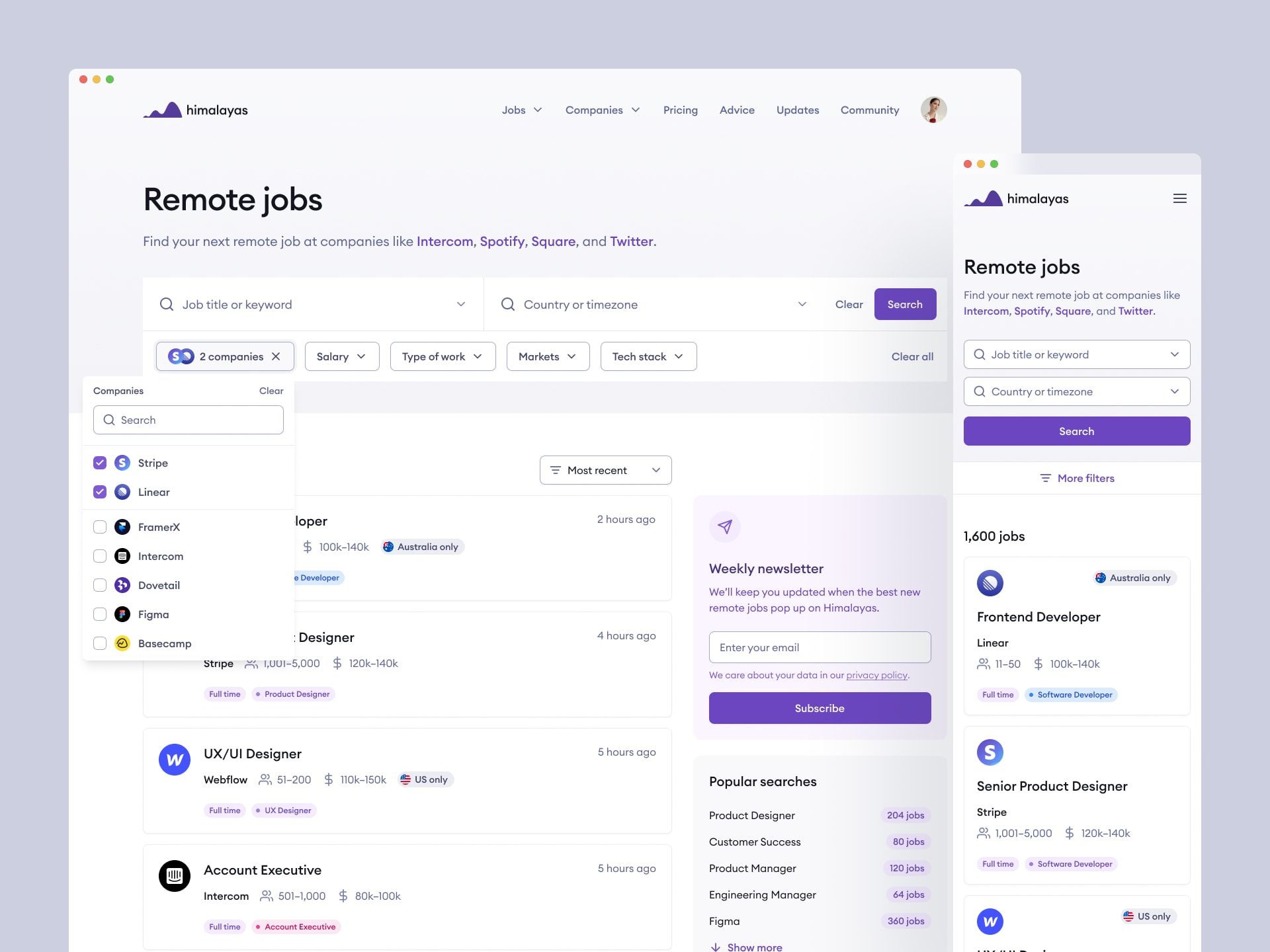In 2020, a microscopic agent turned earth's workforce upside down virtually overnight. Billions of people were forced into a new way of life and persevered, despite the challenges. Empowered by advanced technology and remote collaboration tools considered alien just a few years earlier. The internet has never been faster nor more ubiquitous. Computing power has never been more accessible. The new normal work is here. It almost sounds like a sci-fi novel.
While the global shift to remote work was unprecedented, remote work is not new. Global companies have been dabbling in distributed teams for over 40 years. Unsurprisingly, technology companies were the first to see the benefits of remote work for both employers and employees. IBM was experimenting with remote work as far back as 1979. Cisco adopted remote work in 1993 and reported productivity savings of $195 million. Sun Microsystems introduced remote work in the late 1990s and saved half a billion dollars in real estate costs. Jason Fried and David Heinemeier Hansson from Basecamp have been advocating for the benefits of remote work for over a decade and wrote the book on it, literally.
Today, we're seeing the next wave of world-changing companies adopt remote work at an accelerating rate including, GitLab (1,400+ remote workers in 65+ countries), Automattic (1,700+ remote workers in 90+ countries), and Zapier (350+ remote workers in 25+ countries). Some other notable remote-first companies include Slack, Buffer, Webflow, Ghost, Basecamp, Doist, Stripe, Spotify, Shopify, and Hotjar.
“I believe we’re nearing a sea change in how we work,” wrote Darren Murph, the head of remote at GitLab, in a very well-timed late 2019 blog post titled Why we believe all-remote is for everyone. “It’s easy to point to stratospheric rent prices in major urban centers, soul-crushing gridlock, and shifting mindsets in what society values in a career as reasons for turning to remote work.”
Remote work is here to stay. The technology is here and remote workers are valuing the benefits of remote work more than ever. Skyrocketing productivity, zero commutes, slashed operational budgets, and improved work-life balance have irreversibly changed how we work and how we think about work. 97.6% of workers would like to work remotely forever after this pandemic is over and 1 in 2 US employees won't return to jobs that don't offer remote work.
But it's not without its challenges! It's never been easier to find a remote job or attract remote employees, but the transition to remote working has been a bumpy road for some. Buffer recently published the 2021 State of Remote Work, which identified not being able to unplug from work as the biggest struggle with remote work. Other common challenges include adapting to asynchronous collaboration and remote collaboration and struggling to focus and maintain productivity. Many employers are still concerned that committing to a permanent hybrid remote or full remote company will risk a negative effect on culture and employee collaboration.
The team at Himalayas are massive advocates for remote work, but we also understand that remote work requires skills and specific experience. We're also massive advocates of upskilling and reading: don't rely on work to train you and become more valuable to employers or your employees.
We've compiled the ultimate guide to the best remote work (and work from home) books to help you adapt to the remote workforce, no matter what challenges you're facing.

1. Remote, Inc. by Robert C. Pozen & Alexandra Samuel
Amazon | Audible | Apple Books
Employees and managers all around the world are realizing the benefits of remote work and rethinking their mental models around work-life balance in a post-pandemic world. As companies begin adopting full-remote or hybrid-remote models, we're at a point in time when we have a chance to make thoughtful choices about how to balance the two. This is just as important for remote employees and managers.
Published in April 2021, Remote, Inc. is a modern and practical guide to remote work with a sincere focus on doing your best work while maintaining a healthy work-life balance.
One of the main challenges of remote work is how to more effectively collaborate asynchronously with your coworkers and employees. If you're new to remote work, this can be particularly challenging. Authors Robert Pozen and Alexandra Samuel dive into the mindsets, techniques, and habits that you can adapt to thrive and get ahead in remote work environments, specifically how to:
- Find balance and set boundaries between your home office and our home
- Collaborate remotely more efficiently and how to make meetings more engaging
- Plan your day, focus on the highest-leverage activities, and maintain productivity
"Working remotely is a learned skill, and Remote, Inc. is the perfect guide to accelerate your learning. A quick read that will have you and your team working smarter tomorrow morning!"
— Barb Bidan, Senior VP, Peloton

2. Leading from Anywhere by David Burkus
Amazon | Audible | Apple Books
Not only does remote work have immense benefits for employers, but it can give employees expanded freedom and autonomy, empowering them to do their best work and take responsibility for their role in the company.
Remote companies like Doist have an incredible retention rate of 98.5%, with more than 50% of employees staying with the company for over four years.
I've spent 100 out of 120 months of this decade working at @doist 😍 83.33% of the last 10 years. Looking forward to the next 120 months with this company and team that I love so much.
— brennakl (@brennakL) December 31, 2019
Similarly, Buffer has a retention rate of 94%, GitLab’s retention is 85%, and Zapier’s is 94%. These are incredibly valuable numbers, and save remote companies thousands of dollars in lost productivity and output, especially when you compare to once-coveted companies like Facebook, Google, and Amazon who are finding it increasingly difficult to keep employees for barely a year.
However, when remote collaboration is not managed well, employees can easily feel lost, isolated, out of sync, and out of sight. According to Buffer's 2021 State of Remote Work report, 16% of remote workers state loneliness as their biggest struggle with working remotely. Remote leaders want to know how to lead remote teams, but this is uncharted territory.
If this sounds like you, Leading from Anywhere is a practical guide on how to manage remote teams. It covers how to:
- Hire and retain remote employees
- Empower your team and ensure they have the best tools to do their best work
- Keep teams motivated and happy
- Transition to remote working while retaining a strong and inclusive team culture
- Communicate effectively and facilitate asynchronous collaboration with clear KPIs
After several successful books on disruption, networking, and creativity, David Burkus' Leading from Anywhere is essential for navigating and enduring new challenges that managers face with remote work. It was published in early 2021 and is full of practical and evidence-based advice that is relevant and useful today.
"Leading from Anywhere is the best book on remote work I’ve ever read—incisive, original, and eminently practical. Read it—and take notes!"
— Daniel Pink, author of When and Drive
Our favorite quote from Leading from Anywhere
"Remote teams rely on technology, and it’s the team leader’s role to make sure that team members have equal access to the technologies they’ll need to collaborate."

3. Deep Work by Cal Newport
Amazon | Audible | Apple Books
Cal Newport’s Deep Work should be the home office handbook for focus and productivity. It's a little uncomfortable to confront, but we live in an attention-deficit economy. We have lost our ability to focus and solve complex problems and the ability to perform deep work is becoming the rare commodity that companies will look for in the 21st century.
According to a study by Microsoft, we now have a shorter attention span than a goldfish thanks to social media and constant stimulation. You probably won't get to the end of this article.
Udemy's Workplace Distraction Report flagged that three out of four millennials and Gen Z (the vast majority of the workforce) describe themselves as distracted at work, while half say that they are less productive and not performing as well as they should. This isn't specifically a remote work problem (75% of remote workers report they have been able to maintain or improve productivity), but it affects everyone and is a common challenge for remote workers.
The ability to work deeply is perhaps the most valuable skill you can learn and will benefit you immensely in remote work. It’s a skill that can be sharpened, practiced, and leveraged in every aspect of your life. To master deep work, you can focus not just on “getting things done” but on “getting valuable things done” in less time.
Basecamp was an early proponent of the value of deep work. A remote-first company, they joined a long list of companies cutting their employees’ workday to 4-days in 2012 to remove distractions and increase productivity. More recently, Microsoft tested a 4-day workweek in Japan that led to a 40% increase in productivity by reducing distracting meetings, emails, and “shallow” work.
In the 1980s, Bill Gates famously adopted his own "think weeks" where he spends two weeks alone in the forest twice a year. It is reported that he never missed these periods of deep work, no matter what was going on at Microsoft. Gates understands the value of deep work.
A is a mix of cultural criticism and actionable advice, Deep Work is a great book and timeless guide that will teach you practical steps to fight for more deep work while working remotely and focus on what's important.
"Cal Newport is a clear voice in a sea of noise, bringing science and passion in equal measure. We don’t need more clicks, more cats, and more emojis. We need brave work, work that happens when we refuse to avert our eyes."
— Seth Godin, author of Linchpin
Our favorite quote from Deep Work
"If you don’t produce, you won’t thrive—no matter how skilled or talented you are."

4. Atomic Habits by James Clear
Amazon | Audible | Apple Books
One of the greatest benefits of remote work is the autonomy and opportunities asynchronous work opens up. The shift to more asynchronous and remote work means work is valued differently: more hours in does not equal more output. As part of the remote workforce, your value is less tied to how many hours you put in and more tied to your output. If you can increase your output productivity and efficiency, it's much easier to get ahead and free up more time for living.
There's a reason Atomic Habits follows Deep Work on this list — focus and habitual behavior are powerful force multipliers. Research reveals that your willpower wears out throughout the day the more you use it, just like a muscle. Motivation is inconsistent and comes and goes—a phenomenon that BJ Fogg, author of Tiny Habits, calls the “motivation wave”. In a recent New York Times article, Fogg explains that “big behavior changes require a high level of motivation that often can’t be sustained.”
If willpower and motivation are a problem for you, good habits are the solution. Developing good habits is the key to staying productive and focused throughout the day and getting your work done so you can focus on more important things.
Atomic Habits is a useful book. It’s actionable, practical, and written clearly. One of the key themes throughout Atomic Habits is automating your work and life, the idea that "You do not rise to the level of your goals. You fall to the level of your systems."
"An Atomic Habit is a tiny habit or change that can have an enormous impact on your life. Getting up a little earlier, deleting social media from your phone, automating your savings, developing a system, these are atomic habits. Me personally, I don’t feel like I am particularly talented or even that disciplined, but I have a number of atomic habits that I started early on that have had a massive compounding benefit. My blurb of this one: "A special book that will change how you approach your day and live your life.""
— Ryan Holiday, author of Stillness is the Key
Our favorite quote from Atomic Habits
"Every action you take is a vote for the type of person you wish to become. No single instance will transform your beliefs, but as the votes build up, so does the evidence of your new identity."

5. The Holloway Guide to Remote Work by Katie Wilde and Juan Pablo Buriticá
We reviewed a tonne of remote work books for this list, but none of them were as comprehensive and diligent as The Holloway Guide to Remote Work.
This online book synthesizes hundreds of research papers, articles, and interviews from remote leaders around the world into an incredibly deep book. Authors, Katie Wilde (Buffer) and Juan Pablo Buriticá (Splice) are hyper-successful remote leaders in their own right. In this book, they explore how high-performing remote teams at some of the world's fastest-growing startups — GitLab, Doist, The Hustle, Twitter, Trello, and Zapier to name a few — perform at their best and collaborate effectively while working remotely.
As we mentioned, the book is comprehensive. The Holloway team do not shy away from what is complex or difficult. So much so, that it can be daunting to read cover-to-cover. But we think this is the wrong way to go about it. This guide is a great resource and practical guide for remote leaders to reference again and again. It covers absolutely everything, including:
- Remote work benefits and best practices for transitioning to a distributed team
- Employee mental and physical wellbeing
- Practices of successful remote teams and employees
- Remote work company culture and how to build and cultivate trust
- Remote communication and collaboration best practices
- Tools and techniques to stay aligned across remote teams
- How to hire and retain remote employees
- And even remote team legal, tax, and operational concerns
"This guide is an epic undertaking. It’s an incredibly comprehensive look at all aspects of work as they pertain to distributed teams."
— Daniel Pupius, Founder of Range Labs
Our favorite quote from The Holloway Guide to Remote Work
"While there is a lively and ongoing debate about which type of remote company culture is “best”—all-remote, remote-first, hybrid—and whether largely distributed teams are more successful, our view is that this misses the point. There are many examples of high and low-performing companies that have operated in remote-only and hybrid models, within one country, and across the globe. What matters most is that a remote company’s culture and communication practices are intentional, and in line with its stated values."

6. Remote: Office Not Required by Jason Fried & David Heinemeier Hansson
Amazon | Audible | Apple Books
Although written in 2013, Remote: Office Not Required is still one of the best-selling remote work books of all time. Why? Because it's not only entertaining, but the book's timeless advice cements its perennial seller status. Remote is as relevant as ever.
Authors Jason Fried and David "DDH" Hansson of Basecamp were some of the earliest (and most vocal) advocates for remote work, but they're also huge advocates of transparency and asynchronous communication. Their 100% public and open-source Employee Handbook is an incredibly insightful read that helps guide teams all around the world.
"We have people working all sorts of different hours and from all sorts of different places at Basecamp. That alone makes it hard to enforce a lot of tightly-coupled workflows during the day, but that’s a feature not a bug. Most of the work you do at Basecamp shouldn’t require you to be in constant communication throughout the entire day with someone."
— 'How We Work' from the Basecamp Employee Handbook
Remote makes an incredibly compelling case for remote work and asynchronous communication, even back in 2013 when it was a small niche. It covers best practices and strategies for hiring and retaining staff remotely, effective remote collaboration focused on outcomes instead of “time in the chair”, and making the most of the advantages of a distributed team.
"A paradigm-smashing, compulsively readable case for a radically remote workplace."
— Susan Cain, author of Quiet
Our favorite quote from Remote: Office Not Required
We couldn't pick one, so here are a few zingers:
"Offices have become interruption factories… Ask yourself: Where do you go when you really have to get work done? Your answer won't be “the office in the afternoon."
"It won’t be as easy, but lots of things that are worth doing aren’t easy. It just takes commitment, discipline, and, most important, faith that it’s all going to work out."
"One of the secret benefits of hiring remote workers is that the work itself becomes the yardstick to judge someone’s performance."
"Meaningful work, creative work, thoughtful work, important work — this type of effort takes stretches of uninterrupted time to get into the zone. But in the modern office, such long stretches just can’t be found. Instead, it’s just one interruption after another."
"A busy office is like a food processor — it chops your day into tiny bits. Fifteen minutes here, ten minutes there, twenty here, five there. Each segment is filled with a conference call, a meeting, another meeting, or some other institutionalized unnecessary interruption."

7. The Power of Habit by Charles Duhigg
Amazon | Audible | Apple Books
Two of the most-cited challenges of remote working are the lack of work structure and distractions. Your ability to focus on deep work is an invaluable remote work skill — can take 20+ minutes to resume deep concentration after an interruption.
A lot of this comes down to discipline. Thoughtfully structuring your day, encouraging more asynchronous communication, and developing good habits can make a world of difference when starting working remotely.
A 2014 study confirmed that more than 40 percent of our daily routine is made up of mindless unconscious habits, including our workday. These habits make sure we don't have to make millions of small decisions, which builds up decision fatigue. But what if you leveraged habits to help automate your remote work life and make it easier?
You’ll find The Power of Habit on almost every productivity list, but surprisingly not on any remote work book lists. We're firm believers that distraction-free work environments and building good remote work habits are two of the highest-leverage things you can do for yourself and your coworkers when working remotely. Without these, it's impossible to get any real work done.
The Power of Habit could be considered a "classic" in productivity books but was only written in 2014 by award-winning business reporter Charles Duhigg. It clearly explains how our habits work in an understandable, sharp, and useful way. This book also includes practical strategies to improve your habits, improve your productivity, and work more effectively remotely.
If you're working remotely or managing a remote team, The Power of Habit is a fascinating eye-opener into how we're wired and how we can best leverage habits to make our work life easier, so we can get work done, clock off, and focus on the important stuff.
"You’ll never look at yourself, your organization, or your world quite the same way."
— Daniel Pink, author of When and Drive
Our favorite quote from The Power of Habit
"Change might not be fast and it isn't always easy. But with time and effort, almost any habit can be reshaped."

8. The ONE Thing: The Surprisingly Simple Truth Behind Extraordinary Results by Gary Keller & Jay Papasan
Amazon | Audible | Apple Books
With the COVID-19 pandemic, many employees — and their managers — are finding themselves working remotely for the first time. Although we'd prefer time to plan, rapidly changing circumstances don't always allow for this luxury.
Switching gears to remote work can be disorientating for both remote workers and employees, and it can be hard to get back on track and focus on what is important. During these uncertain times, a safe bet is to fall back on timeless advice from a couple of OGs — Gary Keller & Jay Papasan.
The ONE Thing has made 575 appearances on national bestseller lists. It's a great primer on goal-setting, focus, and discipline: all invaluable skills for remote workers. If you're new to remote work or managing a chaotic remote team, The ONE Thing is a grounding read that will teach you to hone in on this simple but deceptively powerful question:
"What’s the ONE thing I can do, such that by doing it everything else will become easier or unnecessary?"
It shares a simple and effective strategy for completing big tasks, which is particularly effective in a remote working environment. The ONE Thing focuses on the power of the 80/20 or Pareto principle in getting to what you want in life and in your work: 80% of outputs are driven by 20% of inputs. You just have to figure out which is the 20% as a remote worker or manager. This is also an underlying theme in Tim Ferriss’ The 4-Hour Workweek which is not on this list but it's a great read and super relevant for remote work.
The ONE Thing is not just a framework for identifying high-leverage activities at work, it's also an incredibly useful way of cutting through the clutter and finding work-life balance — a common struggle for remote workers. As Gary explains by analogy:
"Work is a rubber ball. If you drop it, it will bounce back. The other four balls-- family, health, friends, integrity-- are made of glass. If you drop one of these, it will be irrevocably scuffed, nicked, perhaps even shattered."
Our favorite quote from The ONE Thing
"If you chase two rabbits, you will not catch either one."

9. The New Corner Office by Laura Vanderkam
Amazon | Audible | Apple Books
Laura Vanderkam's curiosity for high performance is infectious. She has several perennial sellers on productivity and time management up her sleeve already, including 168 Hours, I Know How She Does It, and What the Most Successful People Do Before Breakfast.
Drawing on 18 years of experience working remotely, The New Corner Office is the latest release from Vanderkam and focuses on a simple set of tried and tested strategies to stay productive, creative, and happy while working from home. This is an iterative process and takes some time to get right, as Vanderkam assures:
"Working from home is a skill. People can learn to work from home just as they can learn to speak French or play basketball. It’s reassuring to realize that, as with most skills, people do a slipshod job on day one, but get better with time."
The New Corner Office offers practical and actionable advice on how to:
- Manage your work by managing your tasks, not your time
- Find rhythm and rituals that work best for you and your coworkers by allocating time for asynchronous work, breaks, and downtime
- Collaborate remotely and nurture connections on a deeper level and more effectively — remote doesn't mean you can't expand your network and influence others, even if you're introverted
At just 66-pages, this book isn't as comprehensive or exhaustive as others on this list. But sometimes simple is best, especially if you're new to remote work and looking for a quick primer and useful tips. We love this book for remote work because it's a less clinical approach to remote work grounded in experience and examples. Think of it as the ultimate real-life guide to healthy remote work.
"Laura Vanderkam shows us how to use our only real wealth--our 168 hours a week--to make our lives richer, not busier. That's a wonderful gift, because it's what genuine success is all about."
— Geoff Colvin, author of Talent is Overrated
Our favorite quote from The New Corner Office
"I have also learned—through hard experience—that there is no virtue in putting something on a to-do list and then not doing it. It’s just as not done as if it were never on the list in the first place, only now it’s sitting there, mocking me in its undoneness."

10. How to Thrive in the Virtual Workplace by Robert Glazer
Amazon | Audible | Apple Books
Glazer doesn’t romanticize the remote work revolution, which is one of the reasons this is a great book. Instead, How to Thrive in the Virtual Workplace explores the real challenges faced by distributed teams and systematically breaks them down into practical and actionable chapters — advice that is actually useful for both remote employees and remote leaders.
Even the structure of How to Thrive in the Virtual Workplace makes complex topics easy to follow. Part I focuses on remote workers, with incredibly relevant and practical advice and strategies on:
- How to navigate technology issues and get the most out of remote collaboration tools
- How to collaborate remotely with team members and maintain productivity
- How to set physical and mental boundaries in your work to ensure work-life balance
- How to maintain focus and motivation in remote work environments without burning out
In part II, Glazer speaks directly to the remote leaders and organizations with effective and straightforward advice on:
- How to establish a clear "North Star" for your team
- Best practices for facilitating asynchronous collaboration
- Practical strategies to improve company culture and grow
“If you’re still struggling with remote work, Bob Glazer knows something about how to make it work. His company has been doing it for over a decade, and you’ll be able to implement some of his advice right away.”
— Adam Grant, author of Think Again

Looking for a remote job?
If you've read this far there's a good chance that you're either looking to find a remote job or are already working remotely.
Either way, we'd love to introduce ourselves. We're Himalayas, a remote job board, that is focused on providing the best experience for remote job seekers. Check out our remote jobs or remote company database if you're interested.







